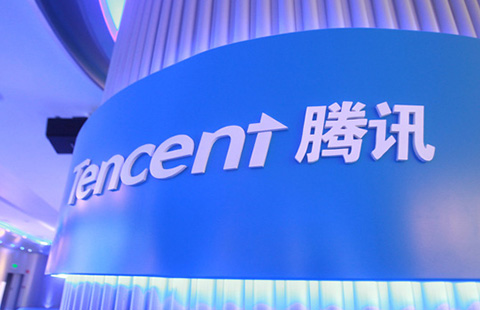Boutique lender brokers $15b deal
(Agencies) Updated: 2015-10-10 10:28This week's $15 billion merger of two Chinese startups stood out for a number of reasons. It is the largest-ever combination in the nation's Internet industry, it forms a dominant player in the booming local services market-and just one bank brokered the deal.
Boutique investment bank China Renaissance Partners advised both discount site Meituan.com and restaurant-review service Dianping.com on their merger this week, earning fees from each of the two companies backed by rival tech billionaires.
It is the second time this year Beijing-based China Renaissance, which has focused on Internet deals since its 2004 founding, has worked both sides in a multibillion-dollar transaction.
Such dual mandates leave less room for the bulge-bracket investment banks in an industry populated with the nation's most active acquirers.
China Renaissance worked on more Internet transactions in the country than any other adviser since the start of 2013, surpassing far larger Western competitors like Goldman Sachs Group Inc and Morgan Stanley, data compiled by Bloomberg showed.
"Our role is as a middleman, as a moderator, more of a mediator-and sometimes it is as a judge," Fan Bao, the founder of China Renaissance, said on Thursday.
"The banker's role is less to negotiate a great deal for one side, than it is making sure the deal gets done."
A commercial agreement between Meituan and Dianping had been broadly worked out in advance, allowing transaction details to be ironed out in just two-and-a-half weeks, according to Bao.
The banker gave up tickets to the Singapore Formula One Grand Prix race, canceling his plans at the last minute to lead the deal negotiations, he said.
Bao's advisory firm had to help the two competitors, locked in a costly battle to attract customers, come up with a governance structure both sides could agree on. Meituan is part-owned by billionaire Jack Ma's Alibaba Group Holding Ltd, while Dianping is backed by Alibaba's biggest rival, Tencent Holdings Ltd.
- 'Father of rural reform' dies aged 102
- Deutsche to cut Hua Xia stake due to new valuation
- Tsinghua Unigroup denies reports it will buy foreign chip businesses
- China United telecom and South Korean counterpart ink deal
- Experts: Joining TPP may benefit nation
- American football leagues on cards
- Marks & Spencer to launch flagship store in Beijing
- Infineon to expand its investment in Wuxi unit

















